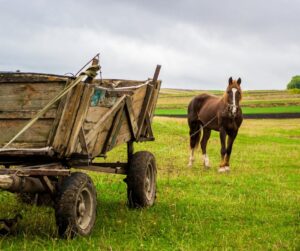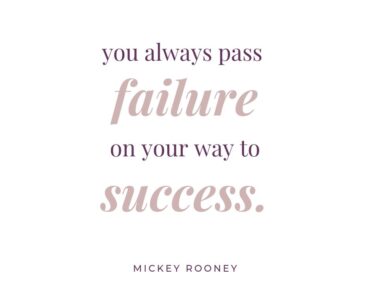 I’m from Holland, Michigan, and when I was a kid, my grandma taught me a children’s rhyme in Dutch. She didn’t speak Dutch fluently, but her parents had and this little ditty was one of the things she remembered.
I’m from Holland, Michigan, and when I was a kid, my grandma taught me a children’s rhyme in Dutch. She didn’t speak Dutch fluently, but her parents had and this little ditty was one of the things she remembered.
She wasn’t completely sure of the meaning, just that it was something about a cart before a horse.
So I memorized it because it was fun to say, and many years later, when I moved to Chicago, I started taking Dutch language classes at Harold Washington College. As I learned more vocabulary, I recognized the word dog and wagon in my memorized rhyme, but nothing else. Finally, I pulled my teacher aside, told her about my grandma, and proudly recited the rhyme to her.
She stared at me blankly. “That’s not Dutch,” she said.
I thought she must not have heard me, so I repeated it slowly, emphasizing what sounded to me like perfect Dutch pronunciation. That’s definitely Dutch, I wanted to tell her as she shook her head. And it rhymes.
She suggested that it was most likely Frisian, a unique dialect spoken in Friesland, a province on the northern edge of the Netherlands. Since there aren’t many people who speak Frisian and I don’t know any of them, I will likely never decipher this riddle.
Was it disappointing to find out that for years I had been rattling off a verse that seemed to have no meaning?
A little. But it’s also still fun to say. It always makes me smile. And it reminds me of my grandma.
So it does have meaning.
This story relates to writing. Just like I wasn’t saying what I thought I was saying, when you write, you often are not writing what you think you are.
And you are almost always putting your cart before your horse.
I see this all the time (and often do it myself). A writer becomes so stuck on how her story will end that she never begins. Or she wants to know every publishing decision she may someday have to make about a manuscript that doesn’t yet exist. She imagines the most amazing cart: it’s the perfect color, has four sturdy wheels, maybe even a fancy fringe on top. All the while, the poor horse is stuck behind it, pawing impatiently at the ground, wanting to move.
The horse is a noble and intelligent animal and, in case you missed it, in this analogy it’s your writing process.
It can walk, run, prance, or gallop. Some days it pulls a heavy load. Some days it has free rein. Some days it takes you where you want to go and other times you can’t get near it without risking a kick in the head.
And sometimes it’s not even a horse. It becomes a pony, a donkey, a goat, or a dog.
The point is that you don’t get to choose the perfect cart or the perfect horse. You just get to take a living thing—an idea—and let it lead you somewhere, step by step.
So don’t worry about how much you understand. Too much understanding can ruin the fun.
Instead, if you have to do something practical, get yourself a fancy saddle. Then put your butt in it and get started.










Writers like you are unique among the peoples of the Earth. How you (Tammy) can come up with such imaginative stuff is truly amazing to me. I liked your blog, “And the Universe Says Yes”. The column I write each week pales in comparison to your work. Good writing and always good reading. Thanks.